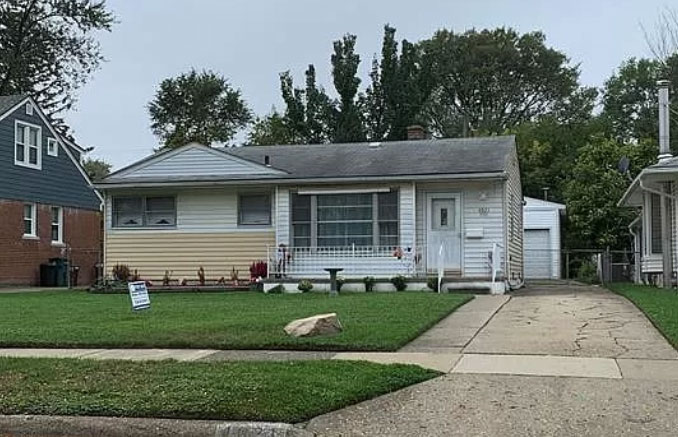
There’s no doubt that buying a home is a huge milestone and a financial commitment. With that being said, there are many things you need to consider so you can obtain the home of your dreams. But what if you have a couple of blemishes in your credit report? Can this taint your chances of getting a home loan?
Whether it was a mistake made by your younger self or you had to deal with unexpected medical expenses, it’s easy to see delayed payments and credit score dips when you’re not careful. Perhaps you’re here because you know that it can be tricky to get a mortgage loan with an undesirable credit score. But you’d be happy to know that some mortgage lenders can still help you get the home of your dreams.
When Buying a House, What is Considered a Bad Credit Score?
To have an idea of your creditworthiness, loan qualification and interest rate, mortgage lenders will look at your FICO® Score, among other information.
When you have information from three major credit bureaus—Equifax®, Experian™, and TransUnion®—FICO® will gather findings to assign an individual with a score ranging from 300 to 850. With that, the score is calculated based on various factors, including payment history, length of credit history, the amount owed, types of credit, and new credit.
Usually, to get a conventional mortgage, you need to have at least 620 as your credit score. Should you score lower than that, it may be difficult for you to secure a mortgage. But if you do, you should expect to get higher rates and less favourable terms.
What Factors Do Mortgage Lenders Consider?
- Down Payment Amount: The larger the down payment you put, the more creditworthy you are, giving you a better chance of getting a loan approved with better interest rates;
- Debt-To-Income Ratio: Mortgage lenders will consider your ability to make payments towards the money you borrowed based on the total minimum monthly debt, divided by your gross monthly income. Here, your lender will consider your student loans, car loans, credit card debt, and more;
- Income and Assets: When you have more income, there’s a chance that you get a lower DTI, giving you a better chance of paying a mortgage payment every month. As for assets, depending on the loan you’re getting, your lender may require you to have assets reserved;
- Work History: Another important factor related to income is your work history. Mortgage lenders will most likely approve a loan if they see that you’ve been employed for at least two years;
- Co-Signers: If you’re stuck in a rut with your finances, a co-signer can help you get a loan because their income and assets will also be considered.
Can You Buy a Home With Bad Credit?
Although it’s not easy to get a home loan when you have bad credit, it’s not entirely impossible. However, you must examine your interest rates and potential risks before you move forward with a contract.
With that being said, it’s worth checking FHA and VA loans because they can provide local and national assistance when it comes to mortgage plans.
The Bottom Line: Work with a Mortgage Lender Who Understands Your Situation and Needs
We said it before, and we’ll say it again—it’s not impossible to get a home loan with a bad credit score; however, it can be tricky. For this reason, it’s worth talking to a reputable mortgage lender who can provide you with options fit for your financial health. This way, you can secure a deal that you’re comfortable with, allowing you to secure the home of your dreams.
How Can We Help You?
If you’re looking for mortgage lenders in Michigan, you are in the right place!
Mortgage City is a licensed mortgage originator in Detroit, Michigan. We’re committed to helping people turn their dream homes into reality. Our client-centric and tailored loans help you boost your mortgage points and achieve your financial goals. Call us at (248) 930-8709 today!






